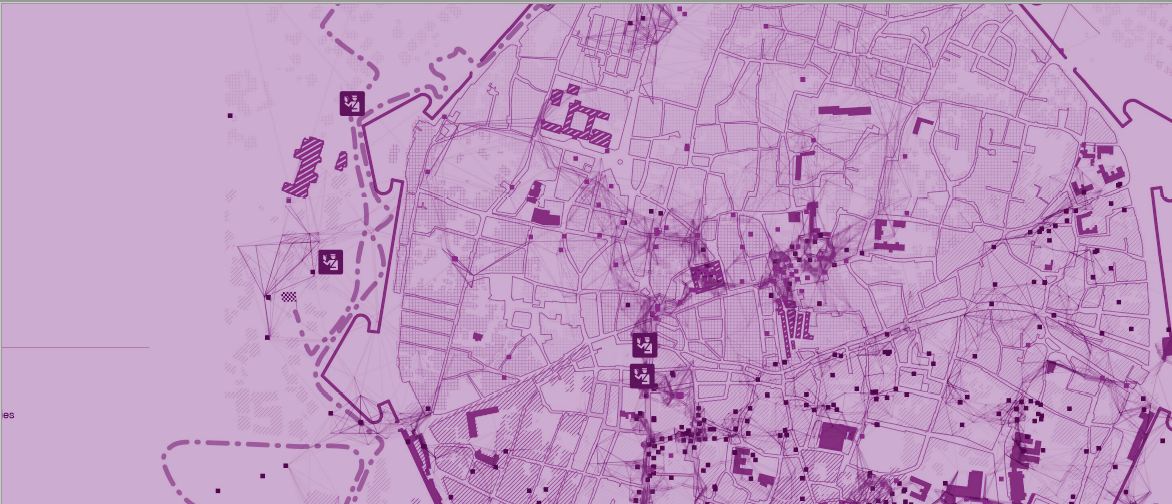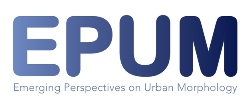Design practice and urban morphology: teaching combined morphological approaches to the next generation of practitioners-EPUM Round Table 3-ISUF2019

The third Round Table of the EPUM project takes place during the ISUF2019 conference in Nicosia and builds upon previous discussions of the benefits and challenges of applying the different morphological approaches to the same case study of the historical centre of Porto during EPUM’s first intensive summer workshop in Portugal in September 2018. The first two Round Tables addressed the possibility and desirability of combining the approaches, their complementarity in the understanding of the urban form, common threads and concepts, as well as the potential of building a common structure and systematizing the knowledge of urban morphology to expand existing methodologies, without radically altering the background theories which support them.
This debate focuses on the implications of teaching a multiplicity of approaches for the future of design practice. The discussion will address issues such as: i. the benefits and challenges of teaching multiple approaches within the time and resource constraints of existing urban morphology courses; ii. balancing broad knowledge and understanding of concepts with the need for teaching specific skills and practice of methods; iii. the potential of urban morphological knowledge for future professionals and for design practice.
Discussants: Karl Kropf (Oxford Brookes University), Vitor Oliveira (University of Porto), Giuseppe Strappa (Sapienza University of Rome), Laura Vaughan (University College London).
Moderators: Ilaria Geddes (University of Cyprus) and Andreas Papallas (Cyprus University of Technology).



